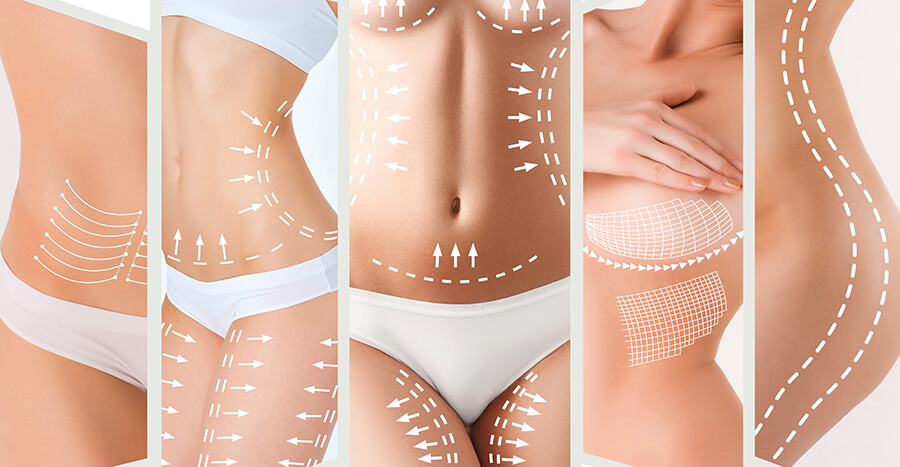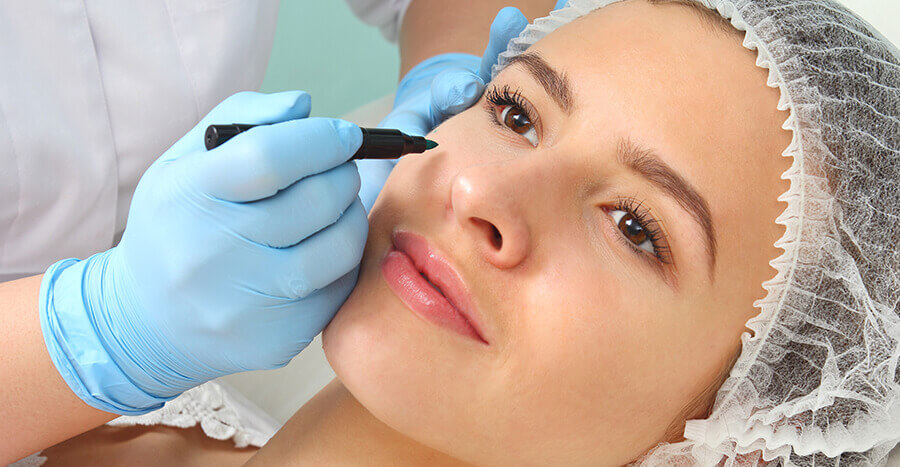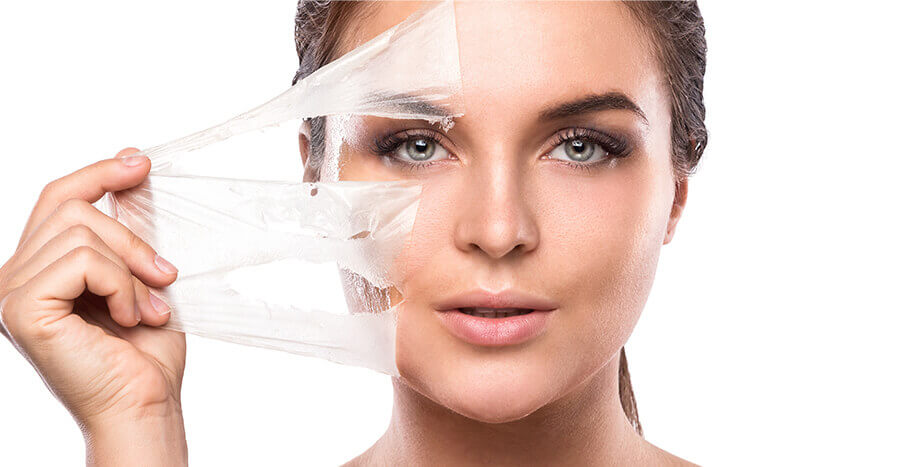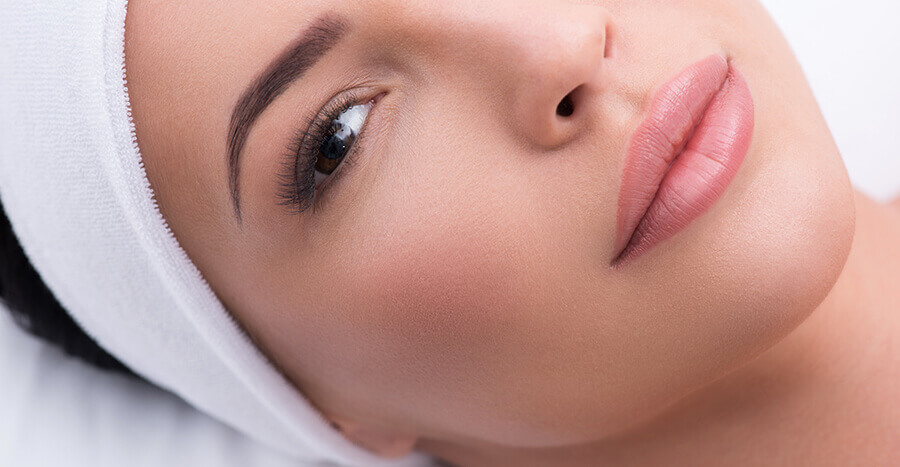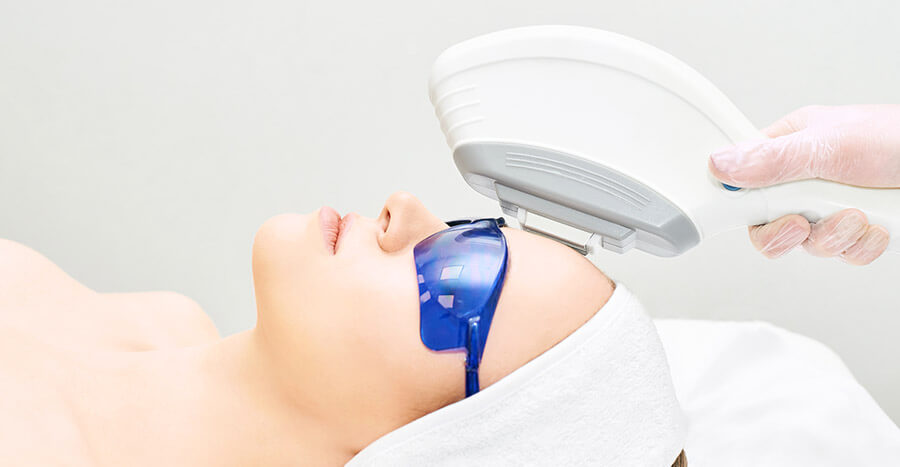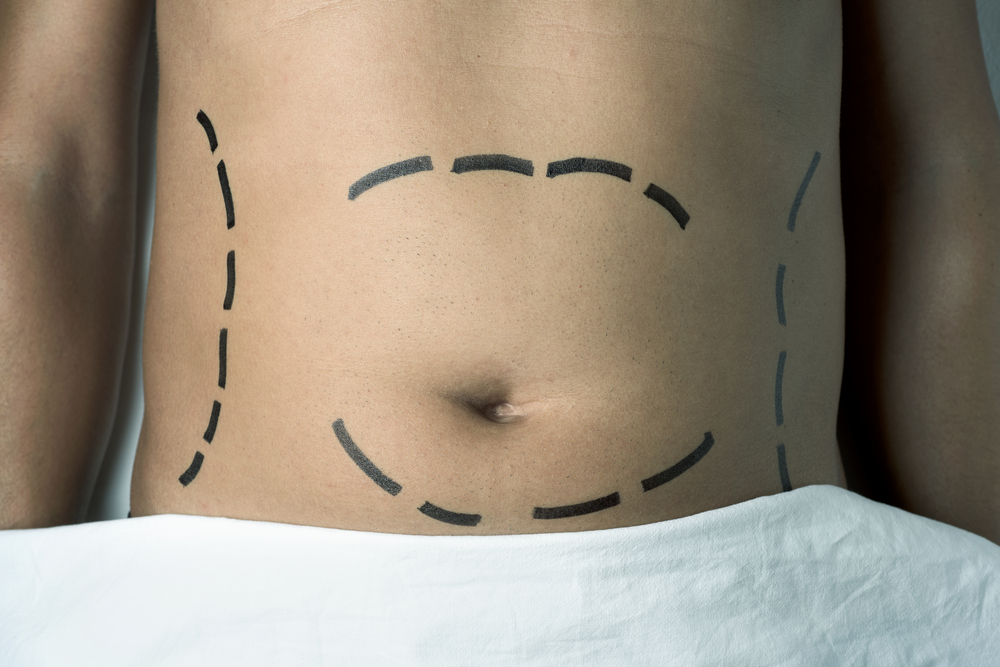At Aesthetic Surgical Arts/Mia Bella Donna Medspa in Overland Park, KS, we are passionate about helping people in the Kansas City area feel as confident about themselves as possible. One of our most popular cosmetic procedures is liposuction, sometimes referred to as lipo. This fat removal procedure is an excellent choice for relatively healthy adults who want to win the fight against stubborn pockets of fat once and for all. Read on to learn more.
How Long Is Recovery After Liposuction?
Generally, you can expect to feel like your old self two weeks after liposuction. However, your recovery doesn’t end when you start to feel like you have plenty of energy again.
As a general rule of thumb, you can expect to be able to resume your usual routine, including vigorous exercise, six weeks after surgery. Depending on the scope of your procedure and how well you care for yourself after surgery, though, it may take up to eight weeks before your routine may resume. Everyone’s recovery timeline is different, but the average person finds that their skin heals from the incision completely after half of a year.
What Can I Do to Ensure My Recovery Goes Smoothly?
Prepare a Recovery Room
Preparing your recovery room is one of the most effective steps you can take to ensure that your recovery goes as smoothly as possible. For at least three days following your procedure, you will be spending most of your time in this room, so make sure it is clean and comfortable. It is also a good idea to stock the room with plenty of water bottles and high-protein snacks. Your body will require a lot of healthy fuel to recover quickly.
Enlist Help
Making sure you have a strong support system prior to your procedure will also take a lot of weight off of your shoulders during your recovery so you can focus on resting. The first thing you need to do is make sure you have a ride home after your procedure. You should also try to arrange for someone to stay with you during the first 24 to 72 hours post-op.
Get Lots of Quality Sleep
You can also help yourself recover faster by making sure you get lots of quality sleep. Ideally, you should spend as much time as possible in the rapid eye movement stage of the sleep cycle. To accomplish this, you should sleep soundly through the night. The rapid eye movement stage is the final stage of the sleep cycle, and you’ll start back at the first sleep stage if you wake up in the middle of the night.
Refrain From Vigorous Physical Activity
Your recovery will also go more smoothly if you refrain from vigorous physical activity for roughly six to eight weeks post-op. If you exercise vigorously, your blood pressure can increase too much, and you won’t have enough energy to dedicate to healing from surgery. If you are breathing heavily during exercise, your intensity is too high, and you need to dial it back down as soon as you notice. You should not break a sweat, and you shouldn’t lift anything over 10 pounds.
Keep Your Circulatory System Humming Along Efficiently
You can also help your recovery go smoothly by incorporating regular gentle movement into your post-op routine. For the sake of your circulatory system’s efficiency, you should make a point to get up every hour and walk a bit.
During the first 24 hours following surgery, you don’t need to worry about exercise. However, starting the day after surgery, you should try to get at least five to 10 minutes of walking in depending on how energetic you feel. It’s advisable to get at least 30 minutes of walking daily to support your circulatory system. It’s okay if you have to break this exercise up into several blocks as you regain your energy.
Stay Hydrated
You should also make sure that you’re consuming enough hydrating fluids each day if you want your recovery to go as smoothly as possible. You should aim to take in around three quarts of water daily. If you stick to a nutritious diet with lots of fruits and vegetables, up to 20% of your water intake may come from your food. Therefore, you may only need to drink around 77 ounces of water, tea, and coffee.
Note that you should not rely on feeling thirsty to determine if you need to drink or eat something hydrating. Thirst is a lag indicator of hydration. Set reminders if you find that you forget to hydrate. If you’re tired of the taste of water, enhance it with fruit.
Am I a Good Candidate for This Procedure?
To determine if liposuction is appropriate for you, an initial evaluation is required. During your evaluation in the Kansas City area, your health will be evaluated to verify that there are no contraindications. Besides ensuring that surgery will be safe for you, we will also ensure that surgery will be effective. Lipo is a fat removal procedure, not a weight loss procedure, so you won’t be a good fit if your goal is massive weight loss.
Who Is a Poor Candidate for This Fat Removal Procedure?
You will be deemed a poor candidate for surgery if you are pregnant or breastfeeding. Additionally, you will not qualify for this procedure if you have a BMI below 18.5 or above 29.9.
Where Can Excess Fat Be Removed From?
Generally, liposuction can be used to remove excess fat from essentially any region of the body with a moderate amount of subcutaneous fat. We usually look for at least an inch of pinchable fat when determining if an area qualifies for this procedure. However, it is essential that there isn’t too much excess fat near the skin. Some of the areas that are most commonly targeted for treatment include the:
- Lower abdomen
- Buttocks
- Chest
- Upper arms
- Thighs
- Lower back
- Hips
- Flanks
How Much Fat Loss Can I Expect?
We will advise you on how much fat loss you can expect during your initial consultation. Several factors affect how much fat can be removed, including your body mass, body fat distribution, and areas of concern. Your body mass affects how much fat can be removed because there is a limit to how much weight relative to your starting weight that can be removed safely. You should not expect to lose more than 11 pounds of fat with lipo.
Your body fat distribution affects how much fat you can expect to lose because this procedure is only indicated for the removal of subcutaneous fat. If you are targeting your abdomen for fat removal but have a lot of visceral fat, you should understand that only some of the fat near your skin will be removed during surgery.
How Do My Areas of Concern Affect How Much Fat Loss I Can Expect?
Your areas of concern affect how much fat loss you can realistically expect because lipo can only remove 26% of localized fat cells from large areas. On the other hand, this procedure can remove up to 80% of the localized fat cells from large areas, like the submental region, the underarms, and the backs of the knees.
How Long Can I Expect My Results to Last?
The fat removal results of your lipo will be permanent. Your body can only produce fat cells for the first years of your life. If you’re at least 26 when you get surgery, you can feel confident that the fat cells removed during your procedure will never be replaced. However, it is also important to understand that the fat cells that weren’t removed during your procedure may expand if you don’t maintain a healthy diet and lifestyle.
What Preparation Steps Will I Need to Take Prior to Surgery?
Before lipo, it is essential that you do not consume alcohol or tobacco products. One reason for this is that it helps to ensure your vitals are good before your operation. Another reason it is important to avoid consuming these products is that they will slow your recovery process down. Another very important preparation step to take prior to surgery is to discontinue the use of any over-the-counter or prescription drugs or supplements that may cause blood thinning.
It is also very important that you take excellent care of your skin leading up to surgery. If your skin is irritated at the time of your appointment, it will need to be delayed. Similarly, your procedure will be postponed if you are suffering from an acute illness at the time of your scheduled procedure. Therefore, you must avoid the use of any cosmetic treatments that may cause skin irritation and minimize your exposure to sunlight.
Will I Need to Fast Before Surgery?
Whether fasting will be a necessary preparation step for you will be determined during your initial consultation. If you are only having excess fat removed from a small part of your body, your procedure may not take very long. Similarly, your procedure may not take very long if you only need to have a small amount of excess fat removed from a larger region of your body. In such cases, it may be best for you to receive local anesthesia and a sedative.
If local anesthesia and sedation are right for you, there is no need to fast prior to surgery. On the other hand, if you are removing a lot of fat from several large regions of your body, it will generally be better for general anesthesia to be administered. If this is the case, fasting is required for eight hours prior to surgery.
Schedule Your Initial Lipo Evaluation Near Kansas City Today
Liposuction recovery may take around six to eight weeks. To ensure your recovery goes as smoothly as possible, prepare a recovery room, don’t do any vigorous physical activity, and get as much quality sleep as you can. If you’re in the Kansas City area and interested in finding out if this procedure is right for you, contact us today at Aesthetic Surgical Arts/Mia Bella Donna Medspa in Overland Park, KS to schedule an initial evaluation.

